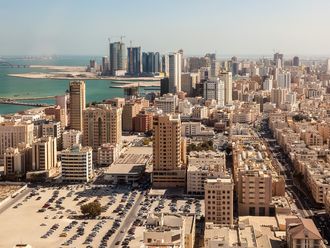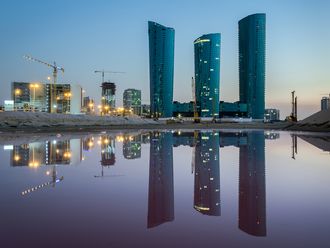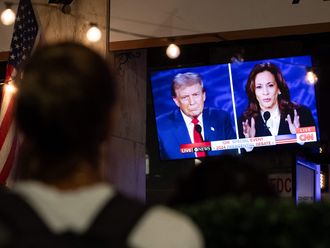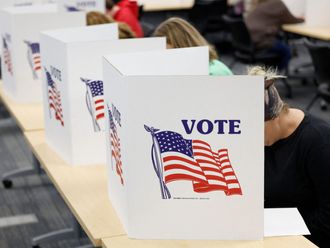Manama: Agreements on political issues among participants in Bahrain's national dialogue reached 69 per cent, officials overseeing the talks have said.
However, the agreement on economic visions to boost competitiveness was 96 per cent while there was a 72 per cent accord on visions on the rights of women, children and people with special needs.
There was a full consensus (100 per cent) on issues related to civil society institutions.
The national dialogue is a forum for more than 300 Bahraini delegates from political parties, NGOs, women's rights, the parliament, the municipal councils, the business community, trade unions and the media as well as religious and social figures, to discuss the future of Bahrain.
The talks were called for by King Hamad Bin Eisa Al Khalifa to help heal deep wounds resulting from the country's most dramatic division, mainly alongside sectarian faults, in its modern history.
The participants have been since July 2 addressing political, economic, social and rights themes and dozens of topics, three times a week.
According to the dialogue organisers, the Sunday political sessions are focusing on the powers of the upper and lower chambers, including the powers of legislative and regulation and the mechanisms of legislation and monitoring as well as the relationship between the two chambers.
The participants will also debate government services, solutions and alternatives to abolish service fees, consumer protection, the need for a corporate tax system and VAT, the social responsibility of companies, pension schemes, housing challenges and the role of the private sector, the evaluation of health services, health insurance, ways to tackle environmental challenges and the development of education.
On the rights theme, panellists will discuss the judiciary, the subsequent guarantees of the independence of the judiciary, the development of litigation procedures and the development of judicial inspection standards, the organizers said.
Participants in the social theme will review visions on breaching security and civil peace, measures to deal with breaches, community partnership on security, ways to apply the rule of law, peaceful coexistence between different sects, religious discourse, the use of loudspeakers in places of worship, the organisation of religious processions, construction of houses of worship, and dealing with entities operating outside the law, according to the organisers.











